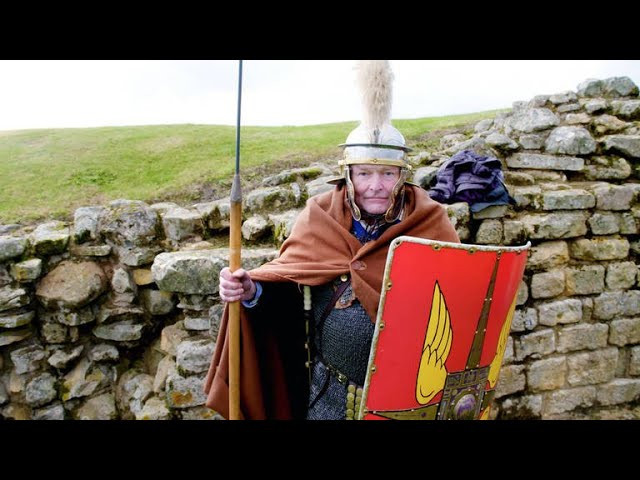Around 40 beheaded skeletons discovered by a group of archaeologists in southern England are considered to belong to Roman-era "criminals," researchers say.
The skeletons were discovered when archaeologists working on England's High Speed 2 program (HS2) discovered a late Roman cemetery in Buckinghamshire, claimed to be the largest of its kind. A team of 50 archaeologists had been working on the site for over a year, discovering parts of a Roman town in the nearby village of Fleet Marston.
Around 10% of the bodies had their heads cut off. Many had their heads placed between their legs or next to their feet Although decapitation was a "normal, albeit marginal, burial rite" throughout the late Roman period, archeologists believe that one interpretation is that the beheaded skeletons were criminals or outcasts.
The unearthed remains will be studied by the experts over the next few years, providing an opportunity to learn more about Roman civilization's past lifestyles, diets, and beliefs.
"All human remains uncovered will be treated with dignity, care, and respect and our discoveries will be shared with the community," Helen Wass, head of heritage at HS2 Ltd, said.
The researchers also discovered over 1,200 coins at the site, as well as various lead weights, showing that this was a commercial location. Domestic artifacts including as spoons, pins, and brooches were discovered, as well as game dice and bells, indicating that gambling and religious activities occurred there as well.
The residential settlement was also probably used as a rest stop for soldiers and passersby passing through Fleet Marston on their way to the Roman town of Alchester.
According to the rail company, there were around 425 burials in total at the cemetery.
The number of burials, as well as the settlement itself, suggested that a huge number of people arrived in town between the mid and late Roman periods, possibly as a result of inflated agricultural production.
Because inhumation was customary at the period, the cemetery largely contained entombed burials, but there were also some cremation burials.
The Romans ruled Britain from 43 CE to 410 CE.
Fleet Marston is one of more than 100 archaeological sites discovered since 2018 as the construction of the HS2 line from London to Birmingham continues.
Through their excavation work, archeologists have uncovered a wealth of information about life in Roman Britain about two thousand years ago, including a set of rare Roman statues and a 2,000-year-old wooden figure.






